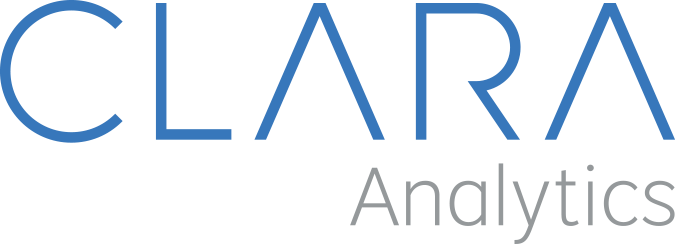A Data Science Perspective – 4 Months on the Job
Recently, we were able to interview our Director of Data Science, Ji Li, to get his viewpoint on AI, machine learning, and the impact of data science in the insurance industry.
Tell us about your background. What started your career in data science?
Since I was young, I believed that mathematics is a very powerful language to describe observations in a rigorous way. This drove me to graduate from the University of Connecticut with a Ph.D. in Mathematics. After graduation, I spent some time working with big data in academia, but I had a strong interest to build machine learning models and work with data science to solve complex real-world problems.
In 2015, I joined LeanTaaS, Inc. (a software company that uses advanced data science to significantly improve the operational performance of hospitals and clinics) right at the time where data science was dramatically emerging.
Within LeanTaaS, I joined a department solely focused on insurance claims operations. This became the company that is now CLARA Analytics. We were at the front line for building machine learning models. I created predictive models, which were among the first machine learning models in the insurance industry. Before this, most relevant solutions in insurance companies were based on actuarial science and statistics.
CLARA Analytics spun off from LeanTaaS in October 2017 and I started to think about gaining exposure to new industries. I left CLARA to join a company focused on social media data for marketing and financial crimes. I learned a lot about building data science solutions from a different perspective, but I could see the great potential CLARA has to transform the insurance industry. After some contemplation, I decided to come back to be a part of the team. Now as the Director of Data Science I’m helping our team create insurance solutions that never existed before.
What is machine learning?
Machine learning is a big component of data science that has become increasingly important lately. Machine learning is defined as models that find signals to learn from data without prior knowledge about what the signals are. This area has been emerging over the last decade due to the rise of computing power and availability of data.
From a data science perspective, how is the insurance industry changing?
I believe there are dramatic changes in terms of how claims are handled and processed. There are more automation capabilities and less reliance on manual processing now.
Using the predictive power of data science, insurance companies are able to handle claims more effectively and create better claim outcomes by choosing better providers for injured workers and better attorneys if litigation occurs, along with the ability to set more accurate financial reserves.
In addition to this, many traditional insurance companies are starting to hire their own data scientists which is much different from 5 years ago.
Describe the big gap you see in claims handling that data science fills.
Within claims, there are both structured and unstructured claim data, including claim notes. Data science can transform data into meaningful information. Gathering, cleaning, transforming, and learning from data are all important pieces of data science. By doing each step correctly, the data can be transformed into decisions and advice within milliseconds.
What do you think will happen with CLARA in the next 5 years?
CLARA is a young company that has the ability to redefine the insurance industry with AI and machine learning-based software products. There is a tremendous opportunity to have a big impact on current insurance operations, if we plan strategically and execute well. We are already seeing a big impact on the workers’ compensation industry with the amount of data we have. Gradually, we’ll be able to utilize more data and make an even bigger impact. I’m looking forward to being involved and seeing what we can do here at CLARA.




